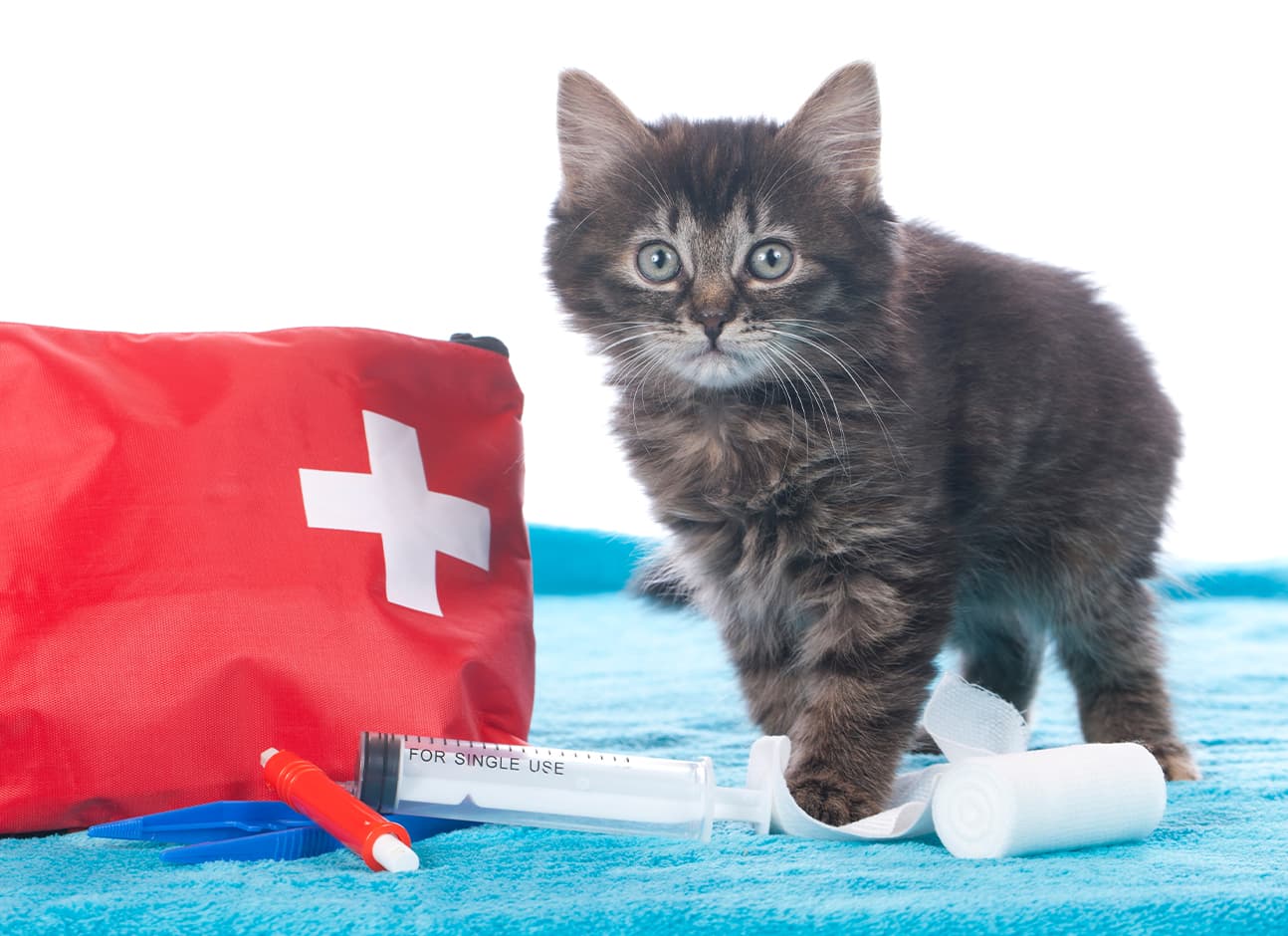Being prepared for any disaster is essential.
Nobody likes to think about the worst-case possibilities. However, in order to safeguard your family, including your pets, you must plan beforehand for a probable emergency. It’s always a good idea to be prepared. A hurricane, flood, tornado, earthquake, fire, or other calamity might force you to abandon your house for an extended length of time. Pack an emergency box for your cat or dog that includes important paperwork, prescriptions, a supply of food and water, and other items to ensure that your four-legged family members are likewise prepared in the event of an unexpected evacuation. If owners need to leave the house quickly, they may take a travel-ready backpack with their pet’s essentials and go.
What To Pack
Prepare a pet emergency kit for your dog or cat to keep them safe while you’re gone from home in case of a tragedy. The CDC has a comprehensive checklist available here. The CDC recommends a two-week supply of food and water for each animal, as well as photocopies of veterinarian records and registration information, medications, a litter box, leashes, ID collars, and harnesses, and many more items for your pet’s well-being. Bringing a toy or blanket with you might make your pet feel more at ease while you’re gone from home. Depending on the species, different items will be included in the emergency kits.
The ASPCA advocates microchipping pets as a more permanent method of identification, in addition to wearing collars with up-to-date information. The group also suggests storing the “evac-pack” near an exit and ensuring that everyone in the family knows where to find it in the event of a disaster.
Stay Prepared
Make a disaster preparedness plan for your family ahead of time, in addition to assembling pet emergency kits. Make an evacuation plan that includes a list of pet-friendly evacuation shelters or safe havens, such as your veterinarian’s office, a trusted relative’s home, a pet-friendly hotel, or an animal shelter.
When evacuating, do not leave your pets behind. If you can’t take your pets with you during an evacuation, the ASPCA suggests contacting your veterinarian or a local animal shelter for emergency shelter or asking friends and family in your neighborhood if they can care for your pets. We recommend establishing a “buddy system” by asking a neighbor, family member, or friend to keep an eye on your dogs while you’re gone. Include this caregiver on your emergency contact list, and make sure they know where your pet’s emergency kit is kept within the house.
